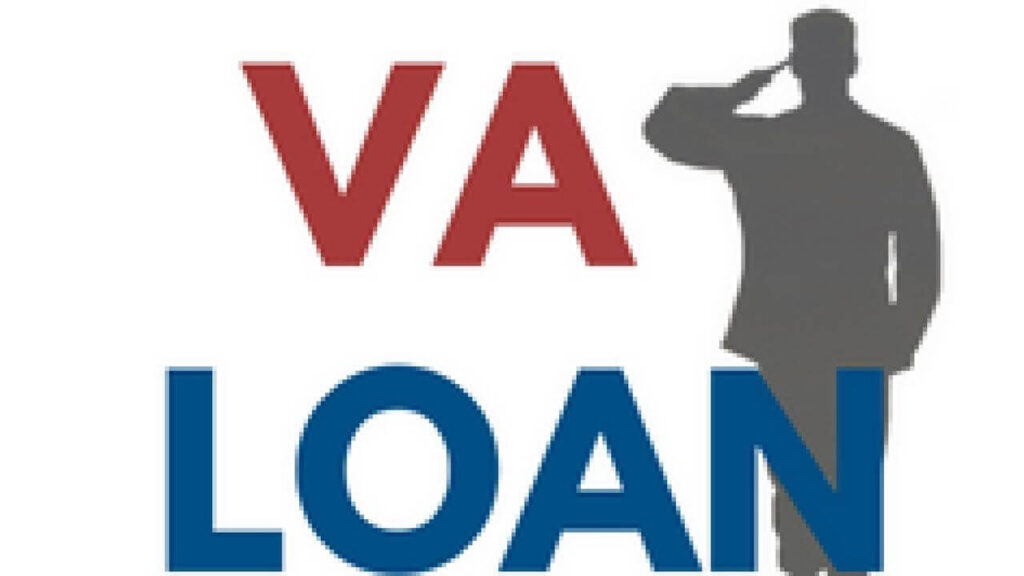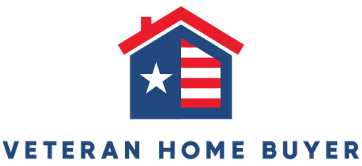When it comes to financing a home, choosing the right type of VA Loan vs. Conventional Loan make a significant difference in your financial future. For veterans and active-duty service members, a VA loan offers numerous benefits, but conventional loans also have their advantages. Understanding the differences between VA loans and conventional loans can help you decide which option is better for your unique situation.
What is VA Loan vs. Conventional Loan?
Benefits of VA Loans
A VA loan is a mortgage option available to veterans, active-duty service members, and some surviving spouses, guaranteed by the U.S. Department of Veterans Affairs (VA). The primary benefits include:
- No Down Payment: VA loans often require no down payment, making homeownership accessible without significant upfront costs.
- No Private Mortgage Insurance (PMI): Unlike conventional loans, VA loans do not require PMI, which can save you hundreds of dollars each month.
- Competitive Interest Rates: VA loans generally offer lower interest rates compared to conventional loans.
- Flexible Credit Requirements: VA loans are more lenient with credit scores, benefiting those with less-than-perfect credit.
- Foreclosure Avoidance: The VA provides financial counseling and assistance to help prevent foreclosure.
Eligibility for VA Loans
To qualify for a VA loan, you must meet specific service requirements, including active duty service, veteran status, or being an eligible surviving spouse. Obtaining a Certificate of Eligibility (COE) is a crucial step in the process.
What is a Conventional Loan?
Benefits of Conventional Loans
Conventional loans are mortgage loans that are not guaranteed by a government agency. They are offered by private lenders such as banks, credit unions, and mortgage companies. The benefits of conventional loans include:
- Variety of Loan Options: Conventional loans offer a wide range of terms and conditions, including fixed and adjustable-rate mortgages.
- Higher Loan Limits: Conventional loans can have higher loan limits compared to VA loans, allowing for the purchase of more expensive properties.
- Flexibility for Investment Properties: Conventional loans can be used for primary residences, second homes, and investment properties.
- No Funding Fee: Unlike VA loans, conventional loans do not have a funding fee, which is an upfront charge for VA loan users.
Eligibility for Conventional Loans
Conventional loan eligibility is primarily based on credit score, income, employment history, and down payment amount. Generally, a higher credit score and a larger down payment can secure better terms and interest rates.
Key Differences Between VA Loans and Conventional Loans
Down Payment Requirements
- VA Loans: No down payment is typically required.
- Conventional Loans: A down payment of at least 3% to 20% is usually required, depending on the lender and borrower’s financial profile.
Mortgage Insurance
- VA Loans: No PMI is required, even with no down payment.
- Conventional Loans: PMI is required if the down payment is less than 20%.
Interest Rates
- VA Loans: Often have lower interest rates due to the VA guarantee.
- Conventional Loans: Interest rates are based on credit score and market conditions and may be higher compared to VA loans.
Loan Limits
- VA Loans: The VA does not set a maximum loan amount, but there are limits to how much they will guarantee without a down payment.
- Conventional Loans: Loan limits can be higher, allowing for the purchase of more expensive homes, especially in high-cost areas.
Fees and Costs
- VA Loans: Include a funding fee, which can be financed into the loan amount.
- Conventional Loans: No funding fee, but may have higher closing costs and require PMI.
Credit Score Requirements
- VA Loans: More lenient credit score requirements.
- Conventional Loans: Generally require a higher credit score for favorable terms.
Pros and Cons of VA Loans
Pros
- No down payment required
- No PMI
- Lower interest rates
- Lenient credit requirements
- Foreclosure avoidance support
Cons
- VA funding fee
- Property must meet VA standards
- Limited to primary residences
Pros and Cons of Conventional Loans
Pros
- Wide range of loan options
- Higher loan limits
- Can be used for various property types
- No funding fee
Cons
- PMI required with less than 20% down payment
- Higher interest rates for lower credit scores
- Stricter credit and income requirements

Which Loan is Better for You?
Consider Your Eligibility
If you are a veteran, active-duty service member, or an eligible surviving spouse, a VA loan is often the better choice due to its numerous benefits, including no down payment, no PMI, and lower interest rates. However, you must be purchasing a primary residence that meets VA standards.
Consider Your Financial Situation
- Down Payment: If you have limited funds for a down payment, a VA loan is advantageous. If you have saved enough for a significant down payment (20% or more), a conventional loan might be suitable as it avoids the funding fee and PMI.
- Credit Score: With a lower credit score, a VA loan is more accessible. If you have a high credit score, a conventional loan might offer competitive rates without the need for a VA funding fee.
- Property Type: If you are looking to purchase an investment property or a second home, a conventional loan is your only option.
Long-Term Plans
Consider your long-term plans with the property. If you plan to stay in the home for a long period, the savings on interest and PMI with a VA loan can be substantial. For short-term ownership or investment purposes, a conventional loan might be more flexible.
Conclusion
Choosing between a VA loan and a conventional loan depends on your eligibility, financial situation, and long-term goals. VA loans offer significant benefits for those who qualify, especially in terms of cost savings and accessibility. Conventional loans provide flexibility and options for different property types and investment opportunities. Evaluate your personal circumstances and consult with a mortgage advisor to determine the best loan option for your home financing needs.
